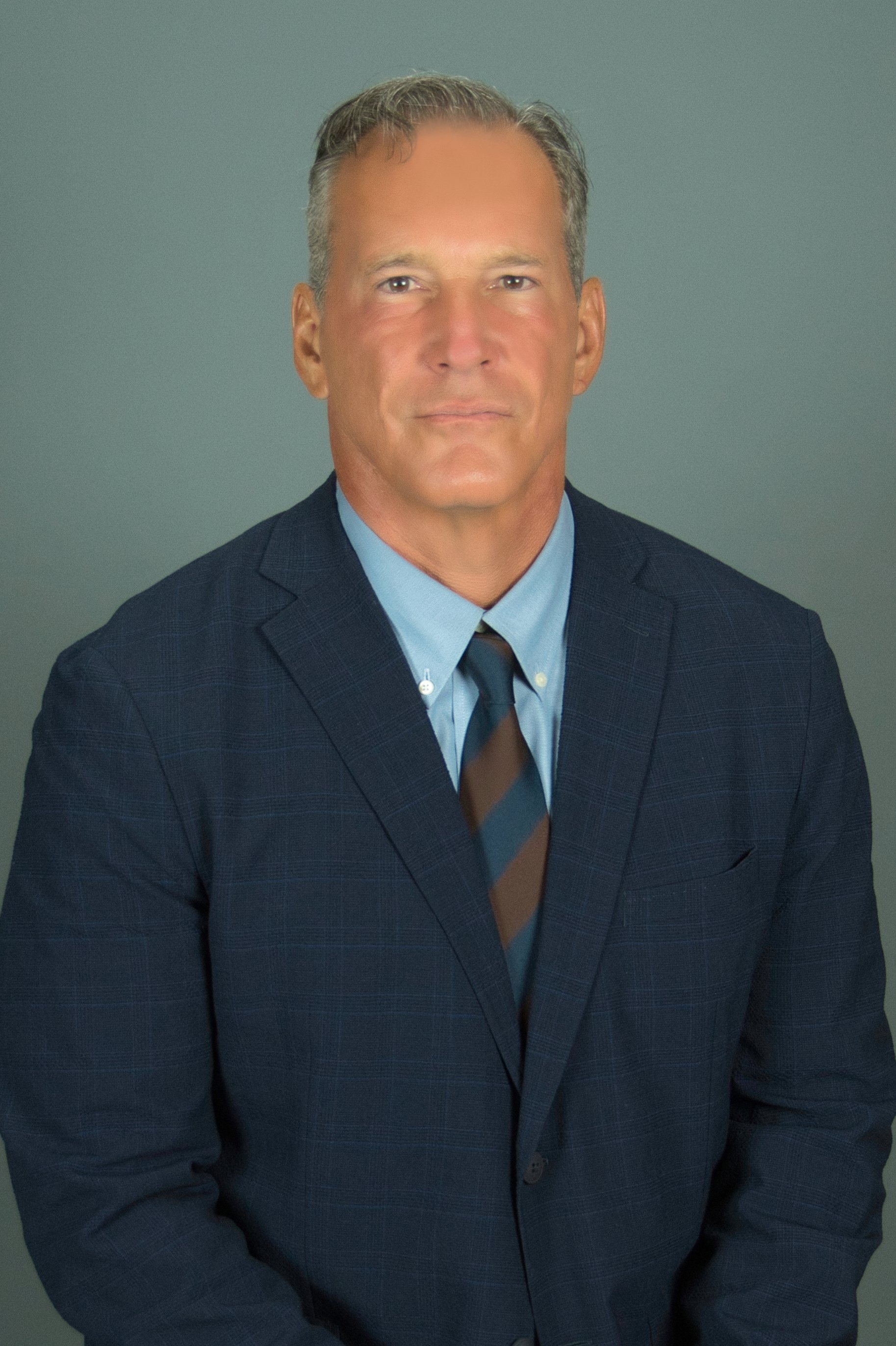Avera's New Behavioral Health Wing Represents a "Sea Change" in Acceptance
This month, Avera opens the doors on the 56,000 square foot addition to its Behavioral Health Center in Sioux Falls. Announced in December 2020, as the pandemic was still raging across the country, this new space for children, youth, and adults with mental health needs could not come soon enough.
"Like everyone else, we got very small for a while during the pandemic," says psychiatrist Matthew Stanely, MD, Vice President of Avera's Behavioral Health Service Line. "Then the lid came off."
Avera - like other providers throughout the US - has experienced an enormous wave of new patients in need of behavioral health services. Isolation, uncertainty, fear, and disconnection have had a negative impact on mental health in general, but have taken an especially hard toll on young people.
"When we first started talking about this, we had no idea that COVID was going to be what it is," says Stanley. "We did not anticipate how hard it would hit us in the behavioral health area. Now, we are setting records every year for the number of people who need these services. I believe we are going to feel it for many years."
Fortunately, the new wing stands ready to help. From a floor dedicated to inpatient behavioral care for children and youth (including the region's first inpatient addiction program for those under 18), to a specialized area for geriatric patients, to 24/7 psychiatric urgent care and a partial hospitalization program serving youth for the first time, the Center is equipped to serve the gamut of mental health needs in the region. Stanley says it is a care model rarely found anywhere else.
"One of the things that makes us unique among behavioral health campuses is that we are relatively free-standing," says Dr. Stanley. "It is rare to find this spectrum of care under one roof. We are very comprehensive and becoming more so as we keep adding new services like our new acute care and crisis stabilization area. That is a big differentiator for us."
The $28 thousand dollar expansion was funded by a $13 million grant from the Helmsley Charitable Trust and by widespread community support. Stanley says that support reflects a significant shift in the perception of mental health care.
"All of us are affected by behavioral health and we are more and more open to acknowledging that," says Dr. Stanley. "For those who have been fighting the stigma of mental illness, this is an incredible sea change. We have felt an outpouring of support in this community."


